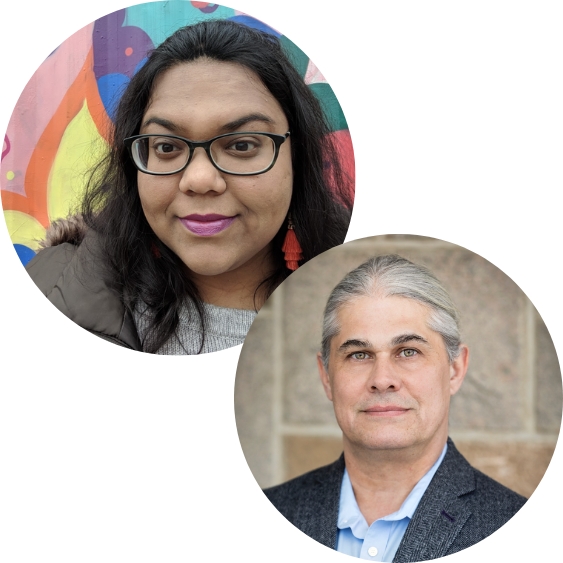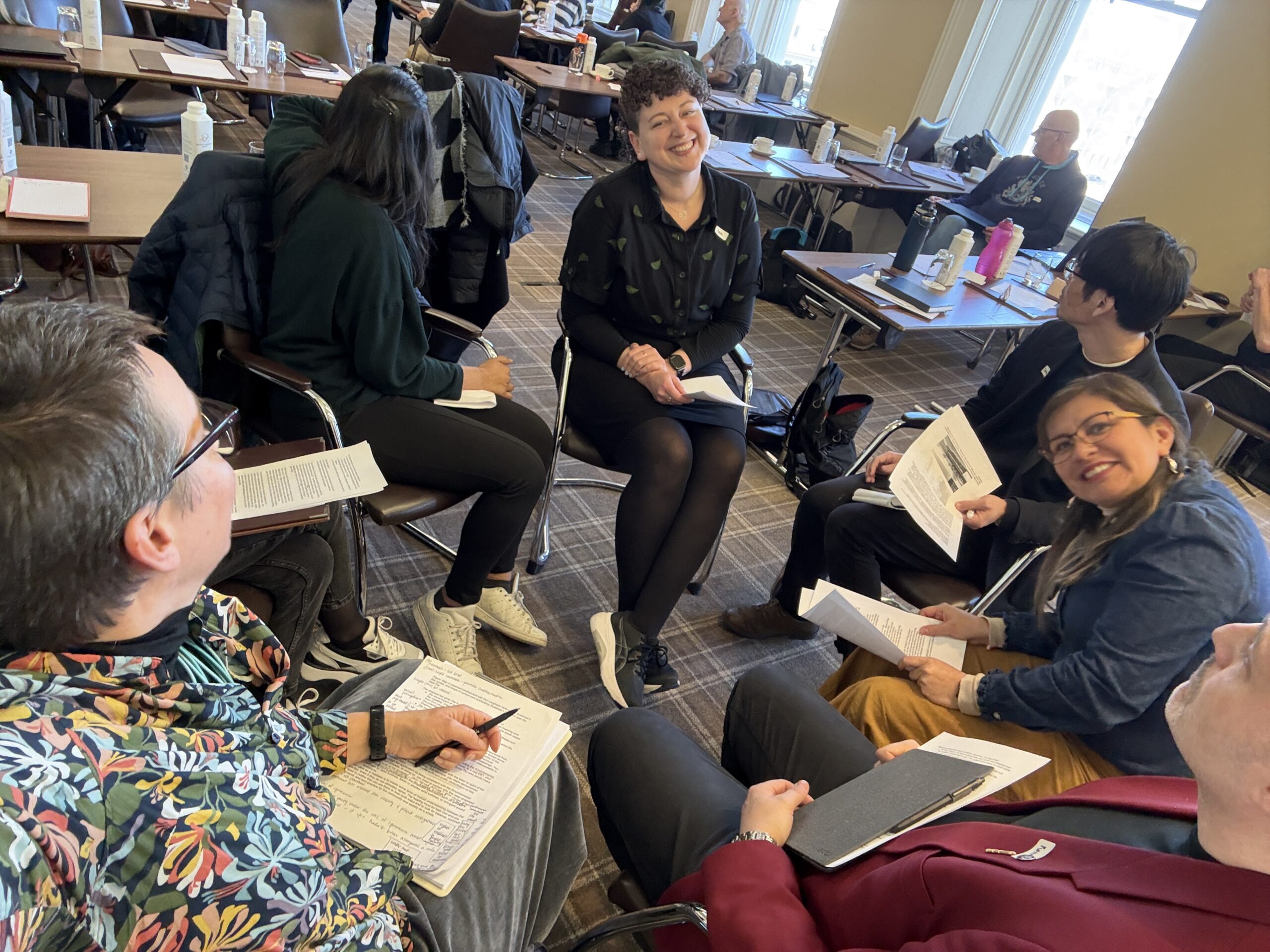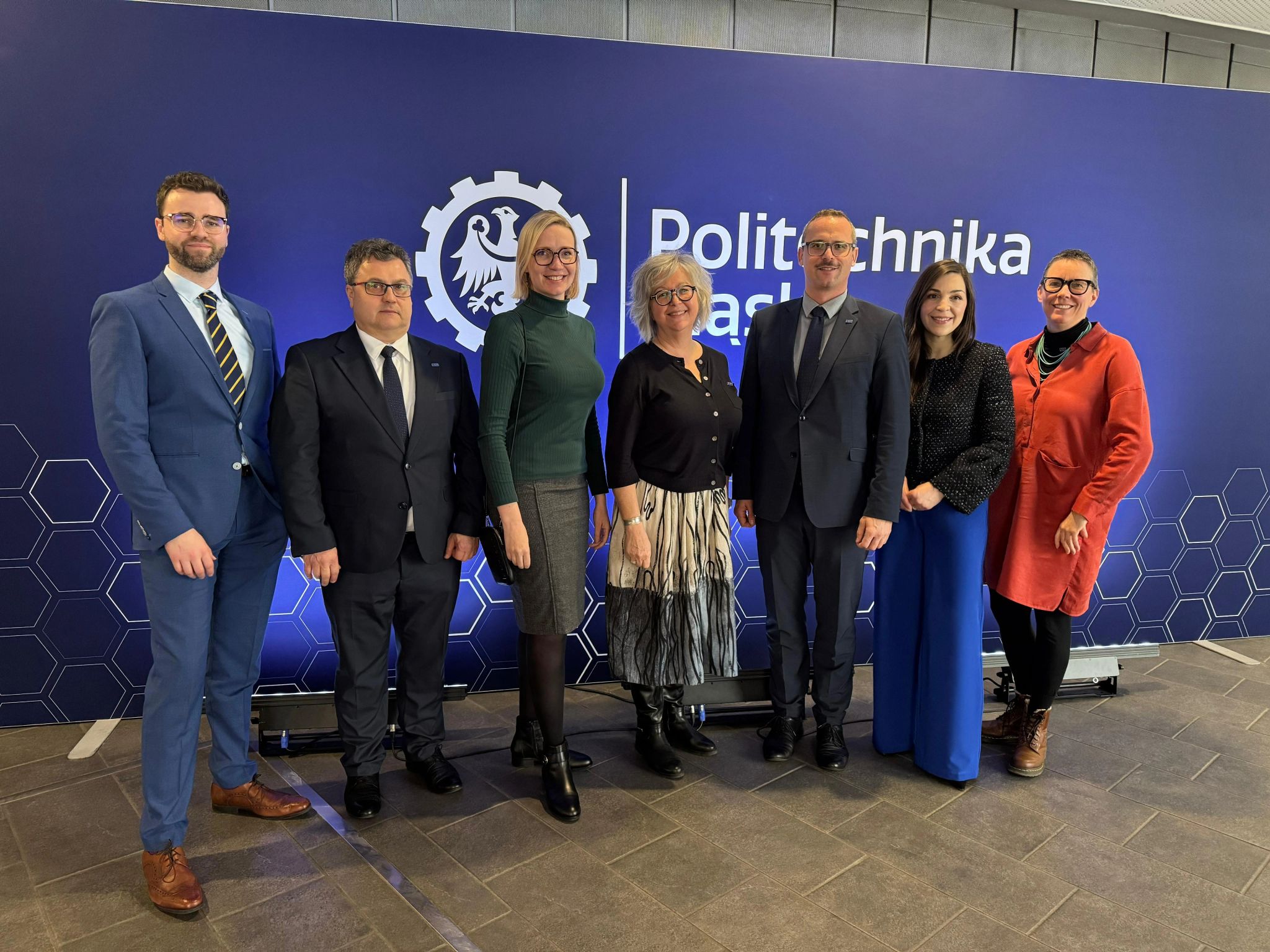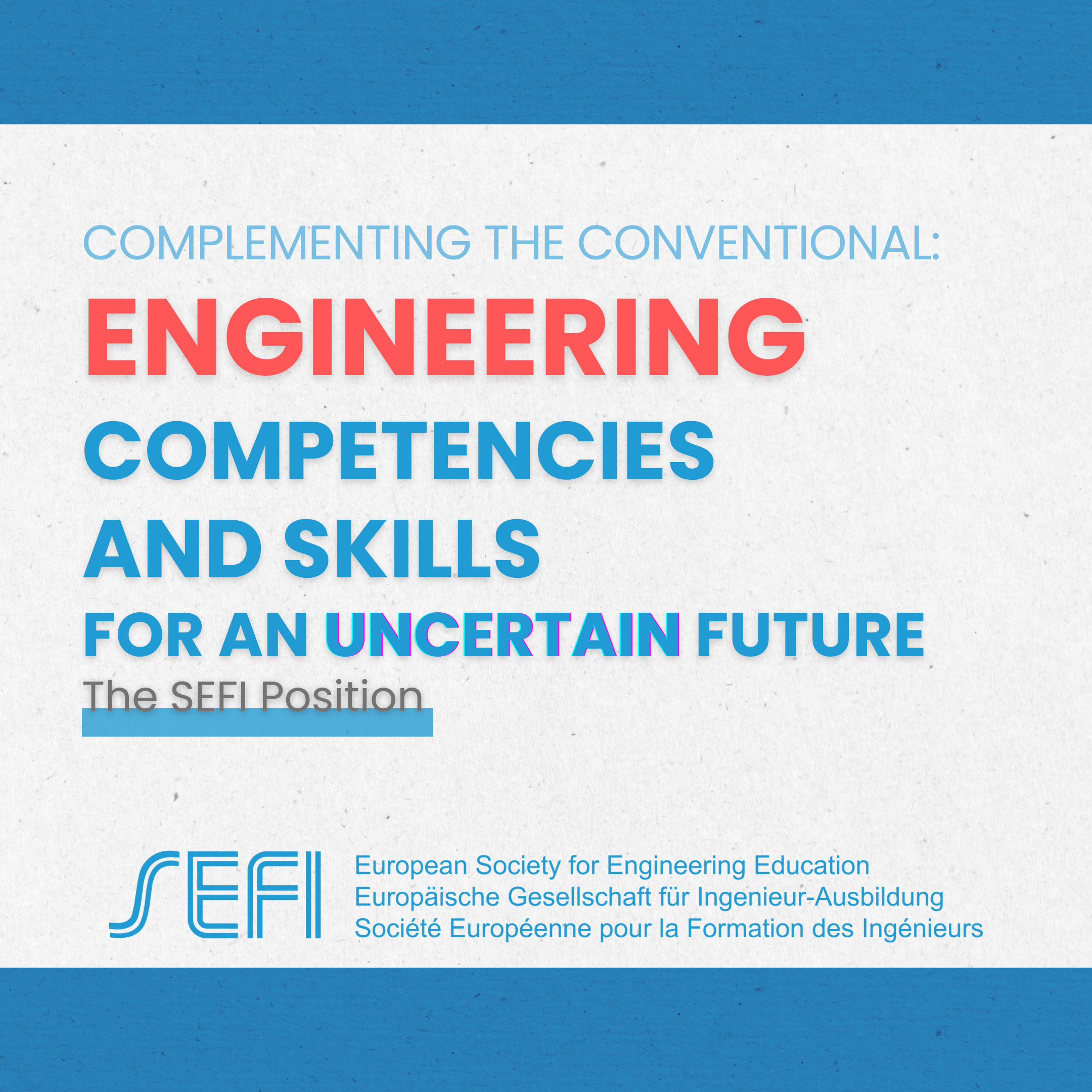From 24 to 26 March, 35 delegates from around the world gathered at the Royal…

Universities provide the space and energy for communities to flourish – forming within and across student cohorts, among researchers, in student clubs, and many other traditional and emerging contexts. One form of community that is intentional and pedagogical in nature can be formed within classrooms – this is the notion of a learning community. A popular construct in the field of learning sciences (Bielaczyc & Collins, 2002), a learning community is a pedagogical approach to fostering a shared sense of responsibility for the community’s progress, including the curation of ideas and resources, critical feedback amongst peers, and collective definitions of progress and community direction. Our work has argued that this approach could be used within an introductory engineering design course and extended across the undergraduate curriculum. We found that engineering students often work in teams because it is mandated by their course design, struggle to recognize the expertise amongst teammates or the relevance of such experiences to future collaborations (Khan et al., 2022). As we promote the importance of working together and integrating diverse perspectives within our engineering programmes, it is important for us to understand how such values should be taught, showcased, and rewarded.
It is challenging to design activities where a community of learners engage in curricular and collective inquiry that meets the prescribed learning goals. In a learning community, learners work cooperatively and collaboratively to structure their shared tasks or develop a knowledge base that can be accessed, negotiated, reviewed, and applied by the community (Slotta et al., 2018). Some learning community approaches have adopted a knowledge-building pedagogy, where learners engage in group discussions and synthesis of ideas that aim to advance the collective knowledge while supporting individual growth and ultimately expanding the expertise available within the community (Scardamalia & Bereiter, 2007). Others highlight more structured sequences of collaborative, cooperative, and collective inquiry activities (Slotta et al., 2018).
Helping students gain epistemic values such as empathy in engineering design is challenging, as students internalize such ideas in different ways. For such topics or competencies, a learning community approach can allow students to recognize there are different approaches within their community, for example, in connecting ideas of empathy and their wider profession. Working in a community of peers, learners are able to create new interpretations of concepts and integrate them with their own understanding. In our research, we found students in a learning community were noticing nuances between their understanding of empathy and their peers’ and establishing stronger justification for their viewpoints in their individual reflections (Khan et al., 2022). In addition, there is a need such values of community are frequently experienced and rewarded throughout the curriculum (Khan & Romkey, 2022). Through a deep understanding of the purpose, merit, and philosophy of being a community member, our future engineering graduates will be motivated to address the grand challenges of the world, TOGETHER.


